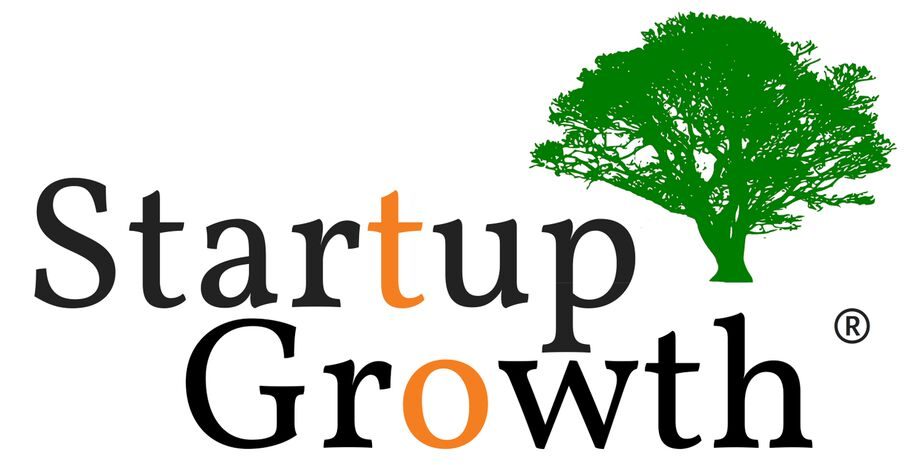The Small Business Difference Between Marketing and Sales
Many small business owners believe because they are marketing they are also actively selling. Not true. There is a difference in the business world between marketing and sales. You need to do both well to have a healthy bank account.
To be clear, sales is a subset of marketing. So is much of the rest of what we do in business! In one course curriculum I taught, I posed the question: What is marketing? The answer: Everything! From your business name to your online presence to your uniform to your phone and email manners, and everything in between, you are marketing to your potential clients. But let’s dive deeper.
Marketing
Historically marketing has been defined by the 4 P’s: Product, Price, Place and Promotion. The newer version of the 4 P’s is the 4 C’s: Consumer wants and needs; Cost to satisfy; Convenience to buy; and Communication.
According to dash-digital.co.uk most people boil marketing down to attracting and retaining customers. The only problem is that this common definition does not emphasize sales. It is really attracting -> selling -> retaining customers.
So your marketing cuts through the increasing noise in your potential client’s world and you get noticed. Awesome! That part many small businesses are comfortable with, or if not, they hire all or portions of those steps out to others. Then they are mystified when they have no sales. Oops. Missed a step!
Note: This article assumes that through marketing you have created or sourced solid product or service offerings and are competent to provide them. If not, revise your strategy and actions until both of these are true. Now, on to selling!
Selling
When it comes to selling, many people freeze. They are afraid and uncomfortable. Part of it is mindset, and part is lack of skills, practice, and self-confidence.
Mindset
One of the best sales presenters I observed had a great way of helping people change their mindset. He asked the group if they believed in their product or service, if they really thought it was valuable and would benefit those who bought it? For example, would it make their potential client happier, save them time and/or money, or solve a problem they were facing? Of course, everyone said yes. He then told the group they were selfish for keeping it to themselves, for not getting out there and actively selling! It was a mind shift moment. I could see the group change their perception of selling. No one wanted to be selfish! There are books and courses written on the selling mindset. Just know that selling is a good thing and decide you are going to do it.
Skills, Practice, Self-Confidence
Now it is time to get comfortable with sales. Gain the skills you need, then practice them to gain the self-confidence required to successfully sell your product/service! Easy, right? It can be! Let’s assume you have had one or several meaningful conversations, have decided your product is a good fit for this prospect and they will be a good client for you, and are now ready to get serious about asking for the sale.
Here are a few easy questions to get you right next-door to The Ask:
- Will this service benefit your company?
- Right now, what is stopping you from buying our service?
- Are you the decision-maker, or does someone else need to be involved in this sales decision?
- Do you have any concerns about how this product will work?
- What is your opinion of our product?
- Is the price of our product within your price range?
Gulp, you are now ready for the direct approach! Here are some suggested questions:
- Are you ready to sign a contract today and commit to working with me?
- How many units do you need?
- The price is going up on (date). Can I put you down for X units today?
After you have educated yourself about general sales skills, have practiced these and similar questions by yourself, you are ready to gain self-confidence in your sales abilities with real people! For “real people” practicing and role-playing, friends and family come in handy and so do many of Startup to Growth’s programs, such as MEG Connect and MEG Startup groups, or 1-1 coaching.
Conclusion
Not selling is not an option for a small business owner. So what’s stopping you!! Results require action. Email us at info@startuptogrowth.com with your inquiries or to set up a free consultation about challenges you are facing right now. We wish you much business success.
______________
Robin Suomi, MBA, is an experienced small business expert and founder of Startup to Growth. She has worked with thousands of small business owners through coaching, mastermind groups, education and training. Robin believes success is rarely accidental and her passion is to help her clients set and reach their goals. Working with clients remotely through video platforms, she helps clients answer their technical business planning and execution questions as well as supporting them while they explore their potential. She encourages clients to dig deeper, dream bigger, and works with them to create their tangible Success Steps. Check out the website for ongoing virtual Small Business Coaching, Small Business Blueprint in 30-Days classes, MEG (My Entrepreneurial Group) Connect and MEG Startup workgroups, or what we also call mastermind lite groups. Email info@startuptogrowth.com with your questions.
